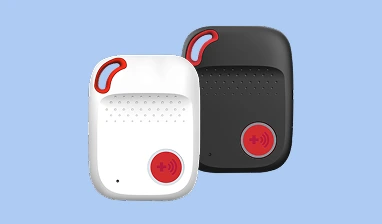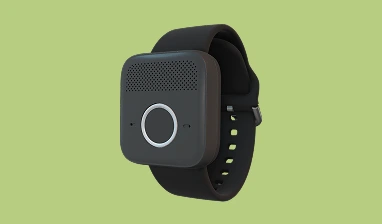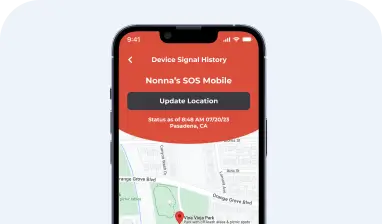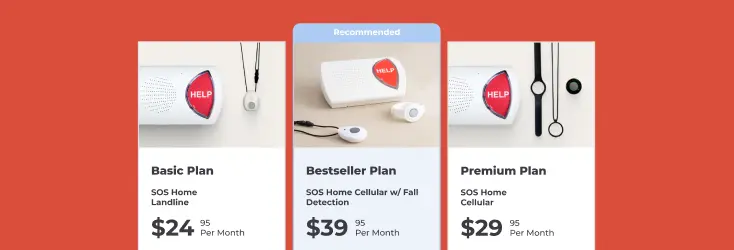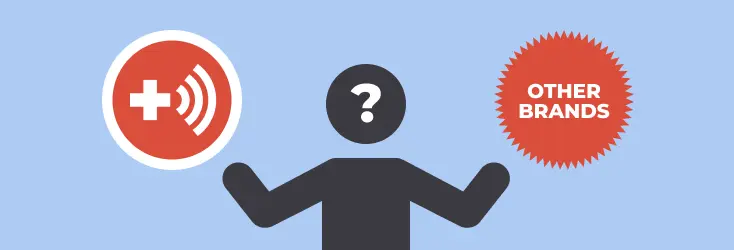If your loved one is struggling at home with household chores, personal care tasks, meal preparation, or medication management, a caregiver could be the ideal solution. The right caregiver and caregiving plan can help your loved one stay safe, healthy, and can even enhance their independence.
While you can certainly hire a professional caregiver through a home care agency, you might find that a family member is better suited to take on caregiving tasks for your loved one. More than 40 million Americans are family caregivers, with many of them giving more than just a few hours a week to their caregiving role. All of this caregiving time adds up, with an economic value of more than $470 billion in unpaid labor.
But what if you could get paid for your family caregiving contributions?
While not all family members will qualify for caregiver reimbursement, there is a possibility that you can receive money for your time as a family caregiver. Here’s what you need to know.
Getting Paid Through Medicaid Waivers
The first way to get paid as a family caregiver is through a patient-directed wavier, where the senior can choose who they would like their caregiver to be. This caregiver is then reimbursed for a set number of caregiving hours.
Because Medicaid is partially funded by states, each state will have different programs, eligibility, and other requirements. Your loved one will also need to be eligible for Medicaid in order for you to receive payments through a patient-directed caregiver waiver. In addition, not all states offer this compensation.
If you’re wondering if you can be paid as a caregiver for your senior loved one, and they are eligible for Medicaid, start with their Medicaid representative. They can help you learn more about your options. If you’re not sure if your loved one is eligible for Medicaid, reach out to your local Area Agency on Aging to begin learning more about those requirements in their state.
In some states, you can receive Medicaid compensation for caregiving by working with a home care agency. Home care agencies are familiar with state regulations and rules, and they can help file information for your work.
Depending on your state program, you can expect to be paid between $13 and $20 per hour. Some programs have limits on the number of paid hours depending on an assessment of needs that is completed upon acceptance into the program. This number of hours can change as the needs of the senior change over time. Other states pay a stipend instead of an hourly rate.
Veterans Benefits
If your loved one is a Veteran or qualifying spouse, you might begin your search for family caregiver reimbursement through the VA. There are a few programs that can pay for family caregiving: the Aid & Attendance benefit and the Veteran Directed Care benefit, both of which allow the Veteran to choose their caregiver, which can be a family member.
Both programs have certain eligibility requirements for both the senior and the selected caregiver. You can learn more about your specific situation by reaching out to your loved one’s VA representative.
Paid Family Medical Leave Benefits
Another way you might be able to receive some type of payment for your caregiving duties is to look at your current employer. Some employers offer paid family leave, which means you can be paid for a certain number of hours or days that you take off in order to care for a loved one. While many people associate paid leave with maternity or paternity leave, you can often also use this benefit to care for a family member.
You might use a day off, for example, to take your dad to his chemotherapy treatment or a few weeks to stay home with your mom to care for her after her hip surgery.
Speak with your Human Resources representative to learn more about any paid leave benefits that you might qualify for.
Out-of-Pocket Payments
Finally, there is an option for your loved one to compensate you for your caregiving time. It’s important that you consider drafting a family caregiver care contract before you begin getting paid by your loved one, as it can ensure everyone is on the same page with expected duties and compensation.
If your loved one has a designated Financial Power of Attorney, it is crucial that the POA is aware of the agreement. You can also involve your loved one’s financial planner in the agreement as well, in addition to other family members who should be kept in the loop. These precautions will ensure that no one is taken by surprise when your loved one starts cutting checks to you out of their personal account.

